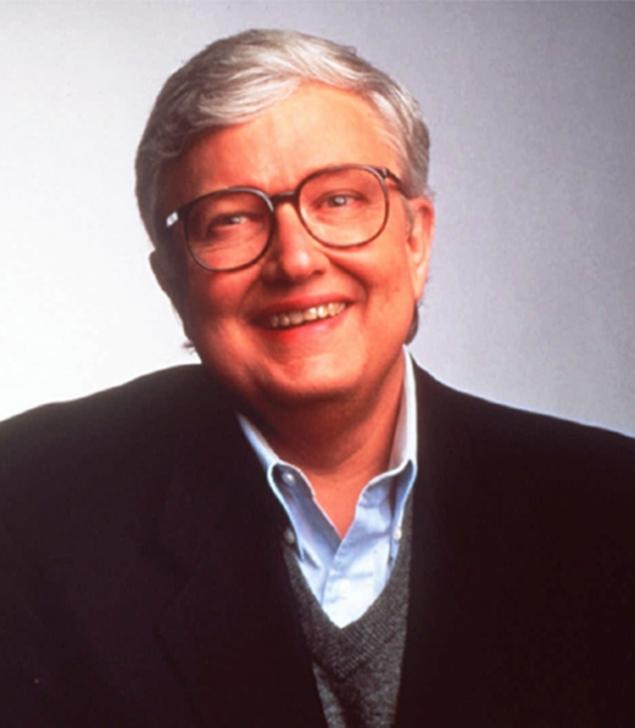As someone who teaches film courses, I found the late Roger Ebert to be an indispensable resource and often turned to his film reviews several times a day. Above all, I loved his enthusiasm, his wise insights, and his generosity of spirit. Knowing that he had contracted cancer, I was amazed that he kept on writing for as long as he did and regarded every new review as a gift snatched from the grave.
After he died last week, Salon.com reprinted a chapter from his memoir on why he did not fear death. What struck me about Ebert’s musings is that, while there are many magnificent films about death, he didn’t mention any of them. Instead of talking about a film like, say, Kurosawa’s Ikiru (the greatest film I know of a man dying of cancer), he instead cited passages from literature.
I wasn’t surprised to see him quoting Whitman since the poet shared Ebert’s enthusiasm for life and his generosity of spirit. Here’s Ebert on how his “faith” is not in a heaven but in a connection with life:
Many readers have informed me that it is a tragic and dreary business to go into death without faith. I don’t feel that way. “Faith” is neutral. All depends on what is believed in. I have no desire to live forever. The concept frightens me. I am 69, have had cancer, will die sooner than most of those reading this. That is in the nature of things. In my plans for life after death, I say, again with Whitman:
I bequeath myself to the dirt to grow from the grass I love,
If you want me again look for me under your boot-soles.
And with Will, the brother in Saul Bellow’s “Herzog,” I say, “Look for me in the weather reports.”
Ebert also quotes Irish dramatist Brendan Behan:
I respect kindness in human beings first of all, and kindness to animals. I don’t respect the law; I have a total irreverence for anything connected with society except that which makes the roads safer, the beer stronger, the food cheaper and the old men and old women warmer in the winter and happier in the summer.
About which Ebert says,
That does a pretty good job of summing it up. “Kindness” covers all of my political beliefs. No need to spell them out. I believe that if, at the end, according to our abilities, we have done something to make others a little happier, and something to make ourselves a little happier, that is about the best we can do. To make others less happy is a crime. To make ourselves unhappy is where all crime starts. We must try to contribute joy to the world. That is true no matter what our problems, our health, our circumstances. We must try. I didn’t always know this and am happy I lived long enough to find it out.
At another point I suspect he is quoting Kurt Vonnegut’s Slaughterhouse Five:
After a lifetime of writing, teaching, broadcasting and telling too many jokes, I will leave behind more memes than many. They will all also eventually die, but so it goes.
And then there is Henry James:
One of these days I will encounter what Henry James called on his deathbed “the distinguished thing.”
Ebert ends the excerpt quoting one of my favorite characters from when I was a child. After citing a lovely Vincent Van Gogh passage about how dying early of an illness is to go by means of a “celestial means of locomotion” (as opposed to old age, which is going to death “by foot”), Ebert turns to Tintin’s dog Milou (Snowy in the English translation):
That [Van Gogh’s passage] is a lovely thing to read, and a relief to find I will probably take the celestial locomotive. Or, as his little dog, Milou, says whenever Tintin proposes a journey, “Pas à pied, j’ espère!” Not by foot, I hope!
The credits have rolled on the movie that was Roger Ebert and all we can do now is lean back, shake our heads admiringly, and say, “What a show that was!”


